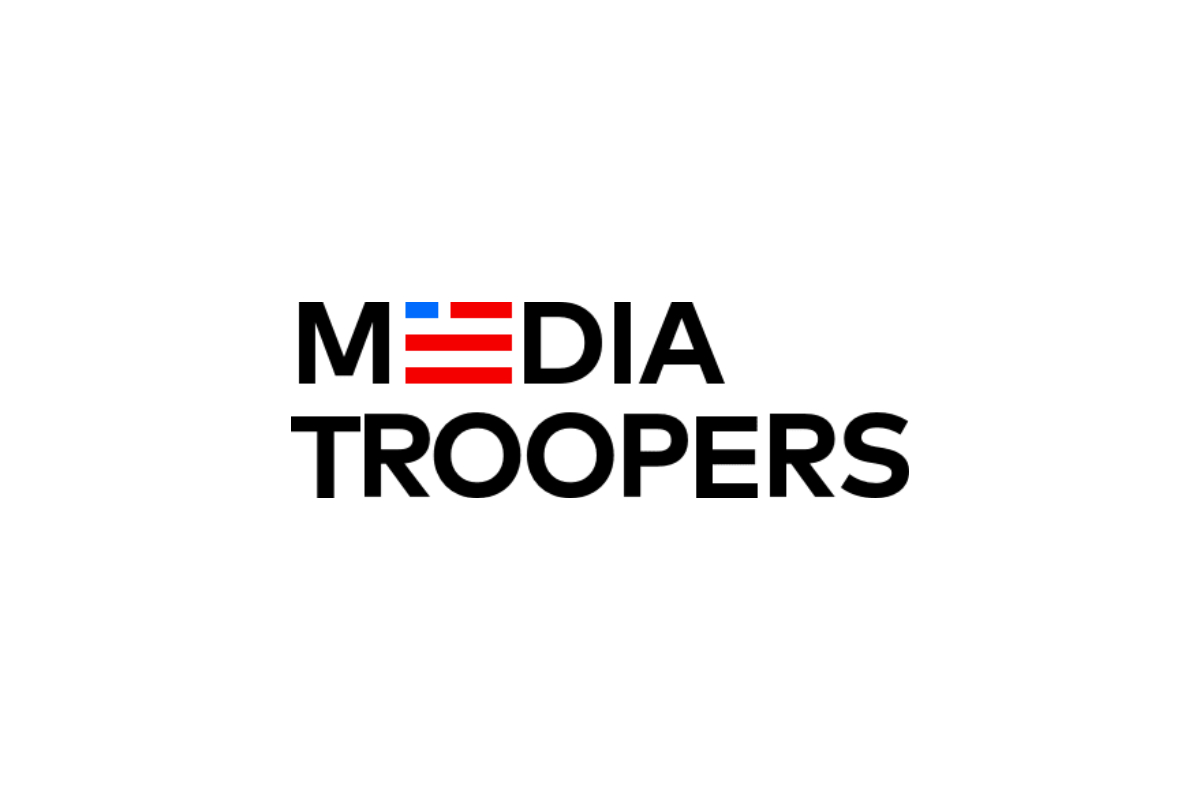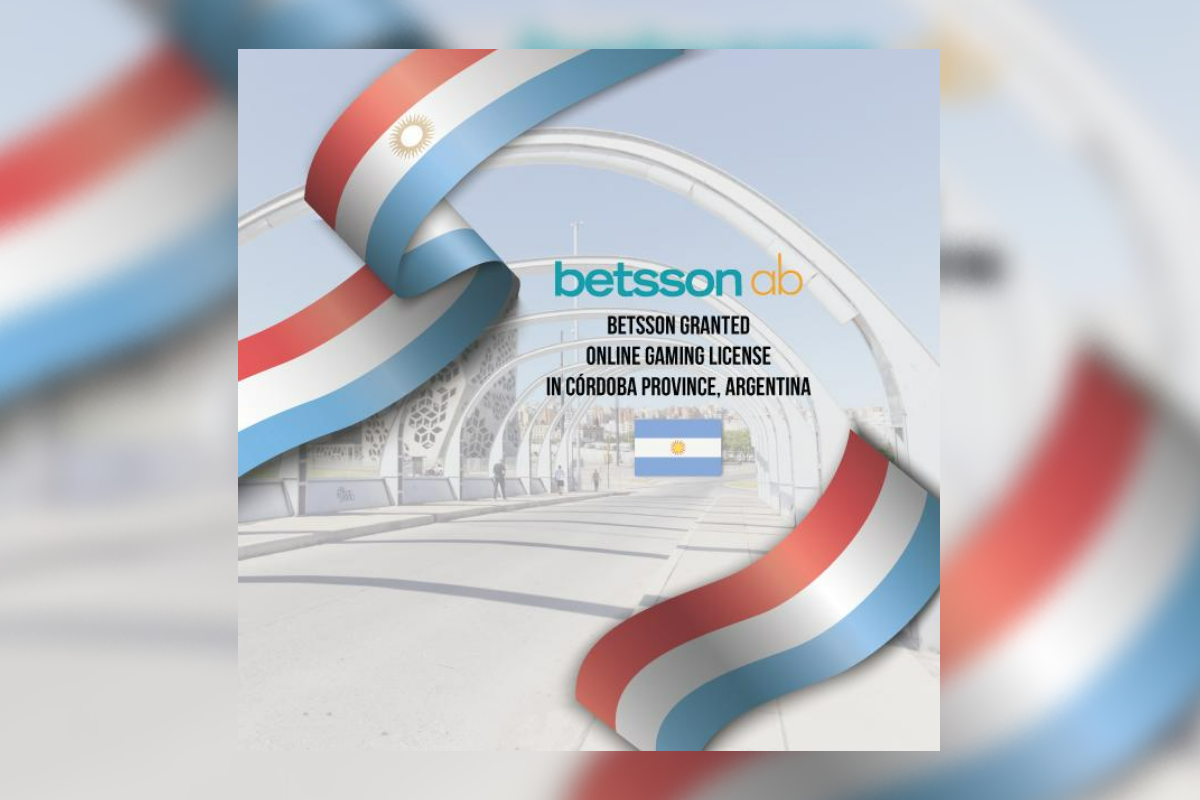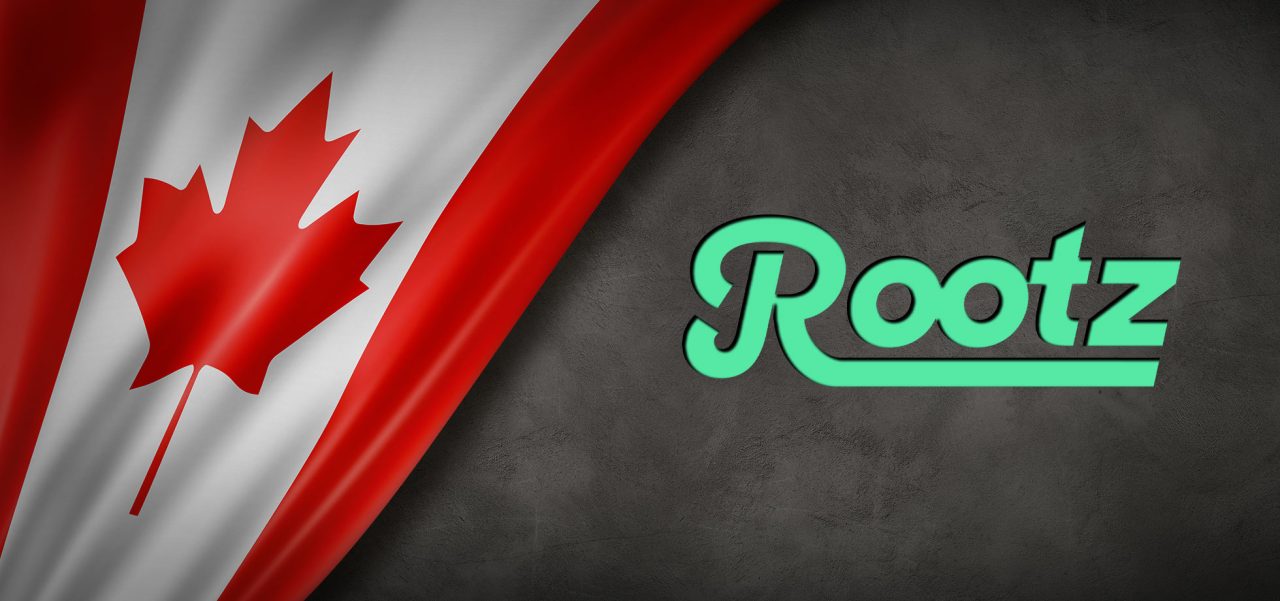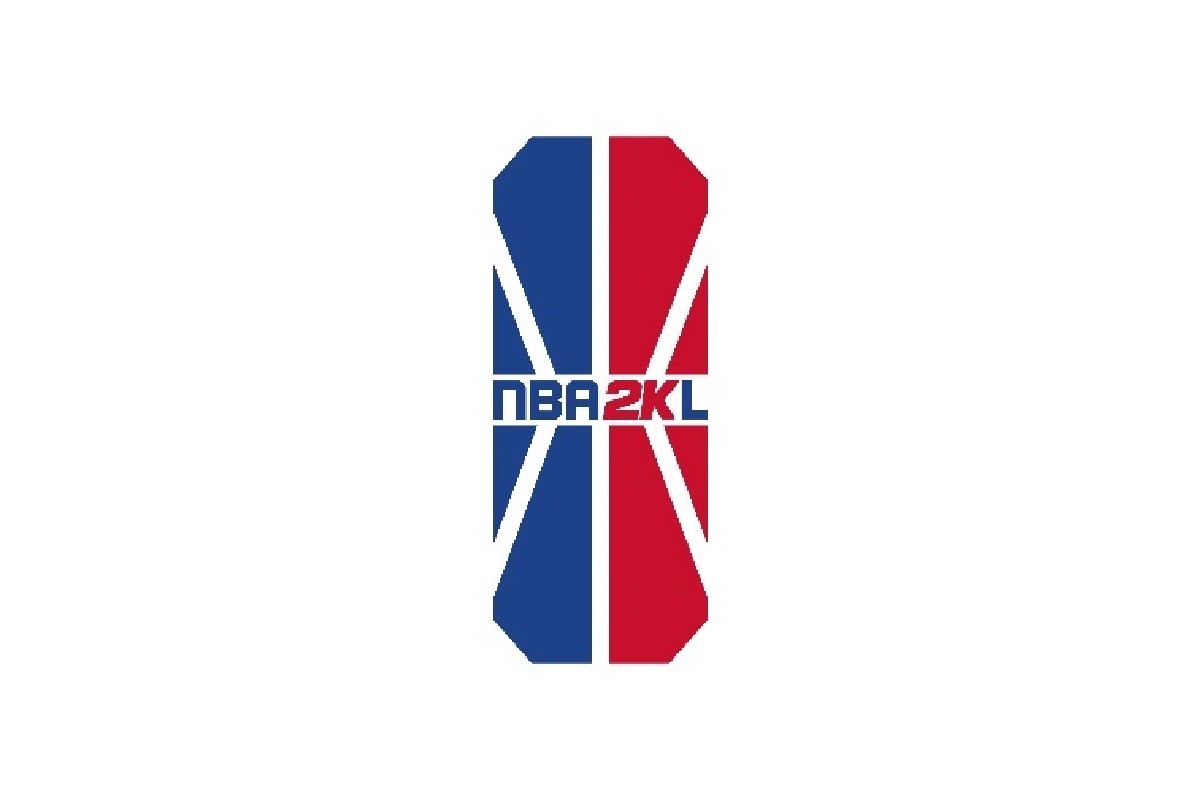
MediaTroopers Have Obtained All Possible US Revenue Share Licenses
After acquiring revenue share licenses in Colorado and Arizona earlier this year, MediaTroopers has now officially been able to strike a revenue share deal in every possible state in the US. Currently licensed or operational in around two dozen US states, plus Washington DC and Ontario, the company has obtained six revenue share licenses in some of its key states:
- Colorado on January 19, 2023
- Arizona on January 13, 2023
- Michigan on 29 November 2022
- Washington on 1 October 2022
- New Jersey on 16 September 2022
- Pennsylvania on 12 April 2022
Alternatively, in specific jurisdictions where a license is not required on an affiliate level, MediaTroopers can operate on a revenue share basis in six states/provinces. These include Iowa, Nevada, New York, Ohio, Virginia, and Ontario.
The leading digital marketing agency is one step ahead of the rest, leading the way for other marketing companies and affiliates with its revenue share model. In fact, many more are now looking toward the perks and positives of revenue-sharing compared to the old-fashioned CPA model.
When asked about his thoughts on the revenue share model, MediaTroopers’ CEO and Co-Founder, Shmulik Segal, said, “As a digital marketing agency highly focused on the US market, MediaTroopers has invested a lot of time in our licensing procedures and in creating a core presence in regulated US states.”
“With our combined understanding of the acquisition and retention of customers, I believe that the revenue share license is the best way forward. By producing more devoted repeat clients, revenue share standards are ideal for creating better-established online gambling markets around the US.” Segal continued.
What Is a Revenue Share License?
MediaTroopers, a dominant digital marketing agency in the US gambling market, is changing the market’s paradigm of player acquisition by embracing a revenue-share model with its channel partners.
The regulatory authorities for maintaining and overseeing retail and online gambling in several US states enact two different licensing models for affiliates like MediaTroopers. The first is specifically for companies that promote on a CPA (Cost Per Acquisition) basis, and the second is for others who market and advertise on a revenue share basis. As such, to operate legally on both licensing models, organizations will need to obtain two different licenses per state.
That’s exactly what MediaTroopers has already done in six US states and is hoping to do in many more.
Segal said, “Throughout my years in the iGaming industry, I’ve continually opted for a revenue share license, where possible. It’s always been MediaTroopers’ desired licensing model with our partners and the next step for strengthening alliances and long-standing partnerships. Alongside encouraging integrity, a revenue share license generates a shared interest for all parties to work hard, prosper, and commit to quality and return on investment in the long run.”
Unlike CPA and Flat-Fee advertising models that until now were more common in the US betting industry, Media Troopers is expanding campaigns using a Revenue Share model, promoting more transparency, commitment, and quality across the entire marketing funnel.
Yet, when asked about the process of obtaining a revenue share license, Segal noted, “Revenue share licenses are, without a doubt, the most prestigious form of certification one can get in the US. However, they also have a strict licensing process, reaching operator level. The background investigation is much deeper and more thorough than your traditional CPA application.”
He continued, “It takes an immense amount of time and preparation to compile all requirements, not only for the entity but also for the company’s shareholders, too. Generally, such applications can take up to 18 months.”
“As a result of our compliance strategy and responsiveness, we have managed to obtain some in a much shorter period. Overall, we are extremely proud of having such an extensive list of licenses. At the end of the day, they put MediaTroopers ahead of the game.” Segal concluded.
The Benefits of a Revenue Share License
There are unique benefits to both CPA and revenue share licenses. Of course, as the standard licensing model, most affiliates are used to operating under a CPA basis. However, the contemporary and innovative revenue share license allows MediaTroopers to have a mutual liability with its customers. It also showcases the company’s commitment and dedication to operating safely and forming enduring partnerships with operators in several US states.
As MediaTroopers and gambling operators won’t be as busy attracting new customers (who will have varied LTV), the company can spend more time generating more users with longer lifespans. Ultimately, revenue share models make for more sustainable and long-term results.










